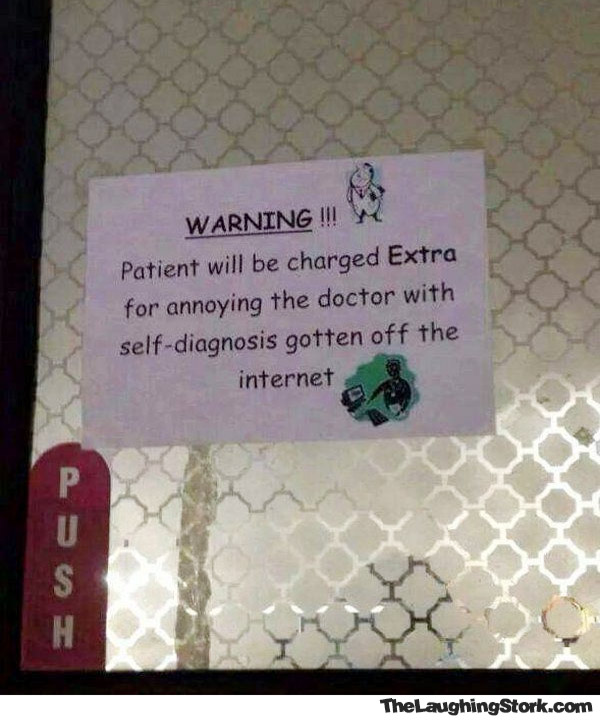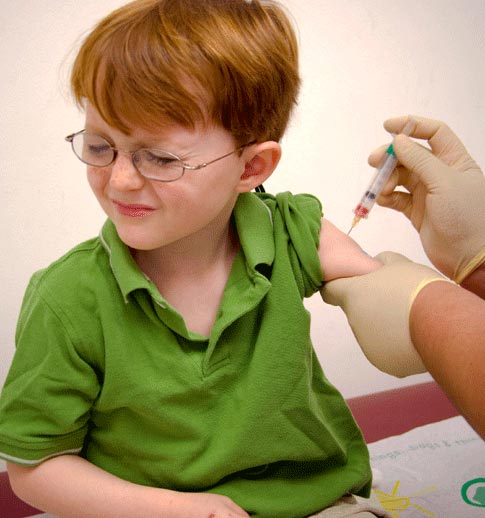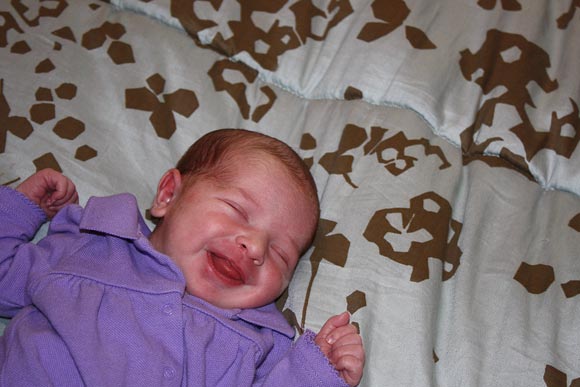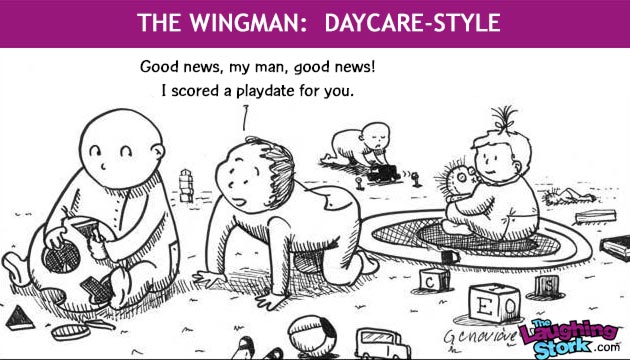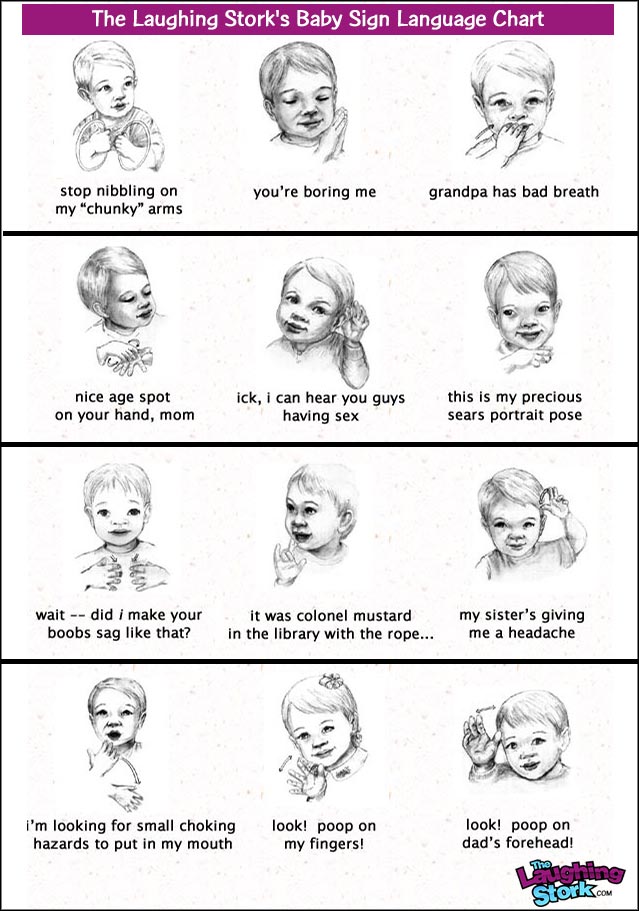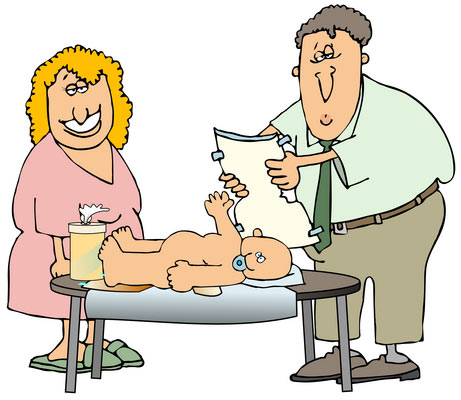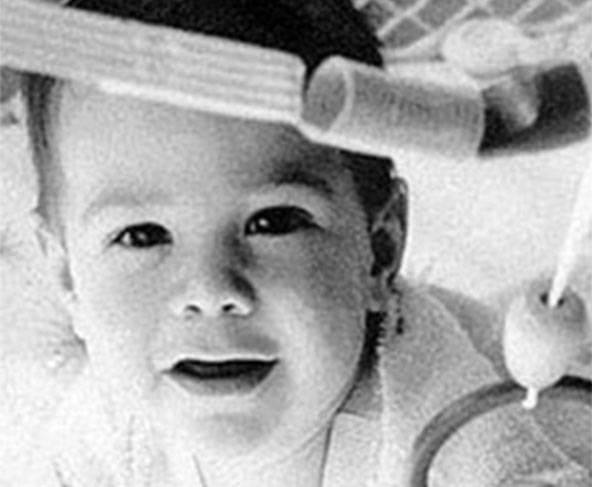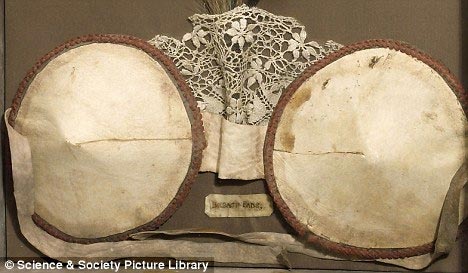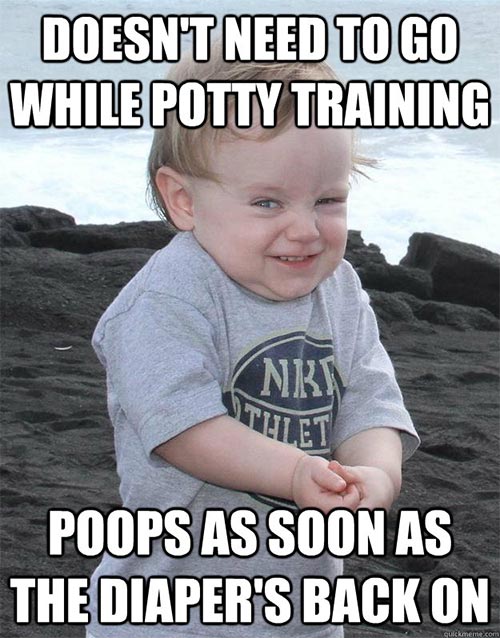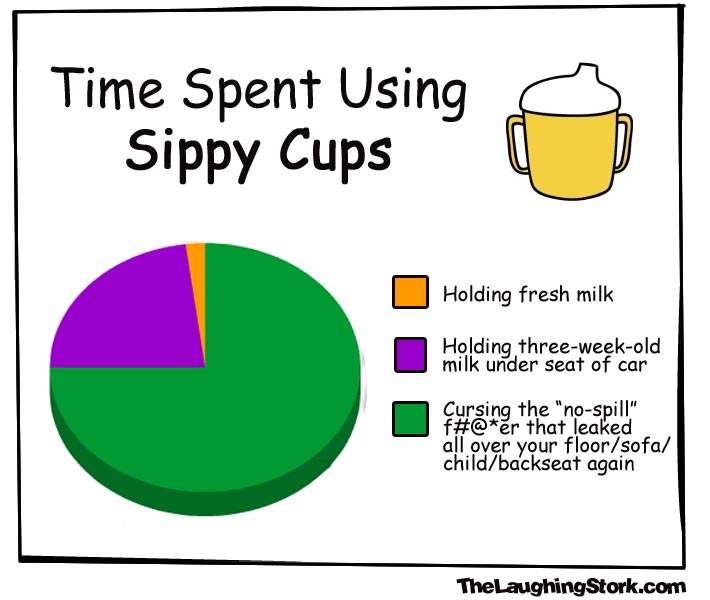Babies
Even Formula-Fed Babies Not Getting Enough Vitamin D
The vast majority of infants in the United States may still not be getting enough Vitamin D, according to a new study from the American Academy of Pediatrics.
Although it is generally well-known that breast-fed infants are at risk for vitamin D deficiency, the study findings suggest that most babies will require a supplement regardless of how they’re fed. Among formula-fed babies, fewer than 37 percent consume the recommended amount.
Researchers say the consequences may not be apparent for many years, but they could be serious. In children, too little vitamin D has been associated with bone softness and an increased risk of heart disease later in life, among other health problems.

So what does this mean for new parents? Talk with your baby’s doc about vitamin D supplements.
“Most infants will require a vitamin D supplement to reach the new AAP recommendations, while in the past we only thought that breast-fed infants would need supplementation,” says the lead author of the study. “Formula-fed infants would need to consume a liter of formula a day to meet the new recommendations, and most infants don’t do that – especially those who are being fed with both formula and breast milk.”
Although it takes just 10 to 15 minutes of sun exposure for the body to produce a day’s worth of vitamin D, the AAP discourages sun exposure for infants younger than 6 months, and advises the use of sunscreen after that.
We use the Enfamil Tri-Vi-Sol Supplement Vitamins. Skye doesn’t seem to mind the taste of the drops. Mmmm-mmmm, good! It can also stain clothes if there’s spillage, so be sure your baby’s wearing some sort of bib when you dispense it. Although it COULD be a good excuse to “accidentally ruin” that ruffled panda clown shirt that your Great Aunt Patty so thoughtfully bought for the kid.


